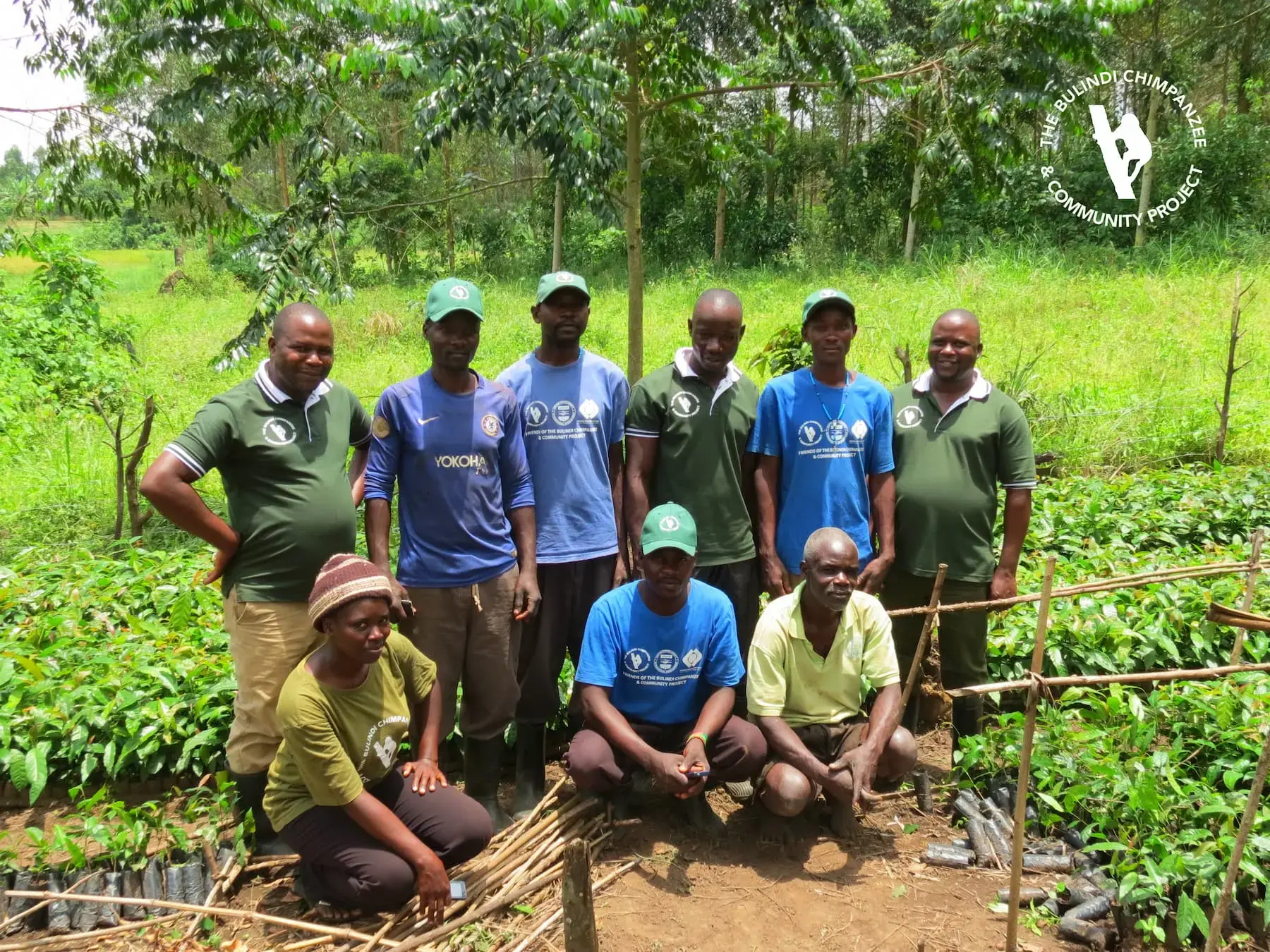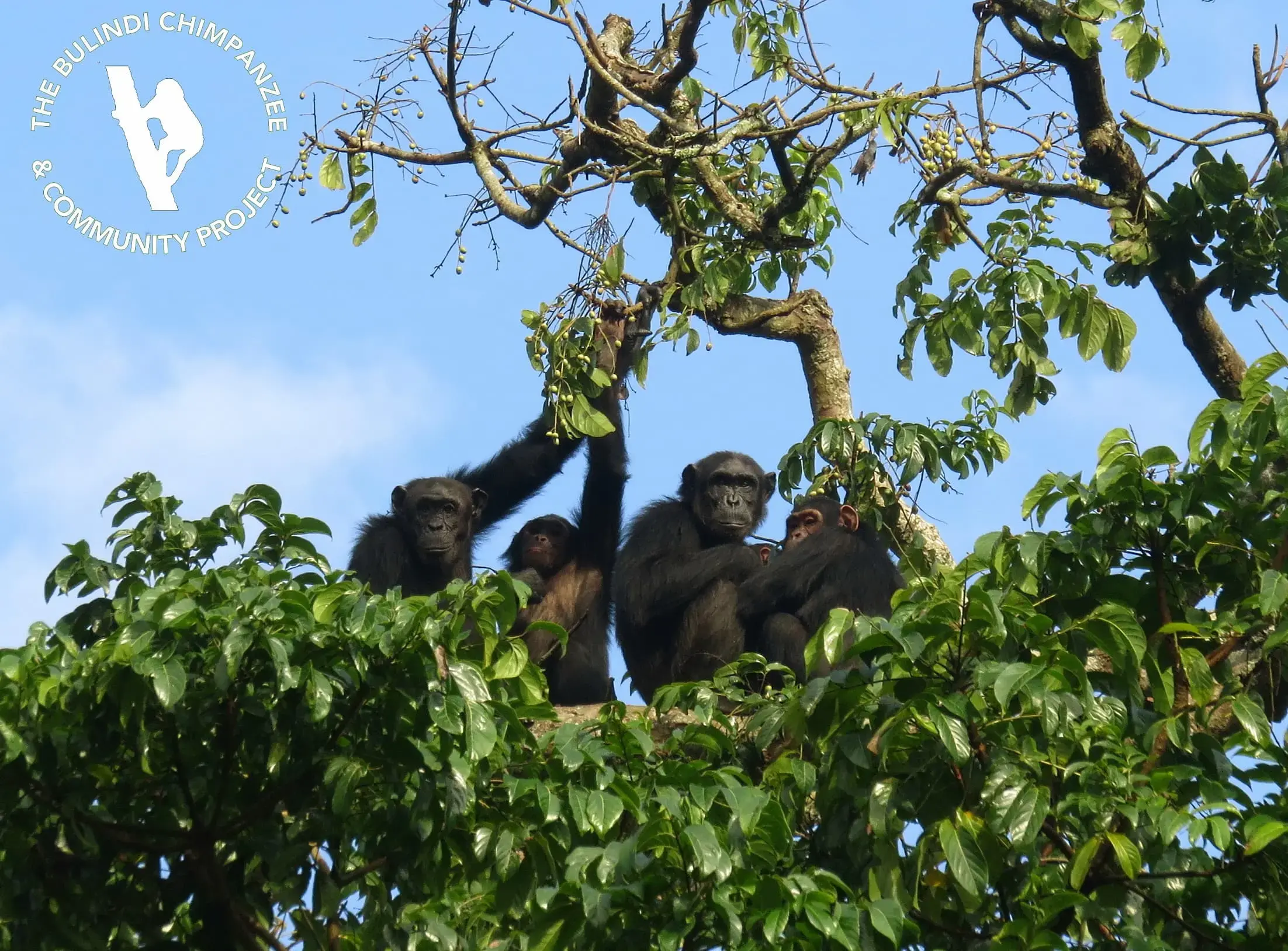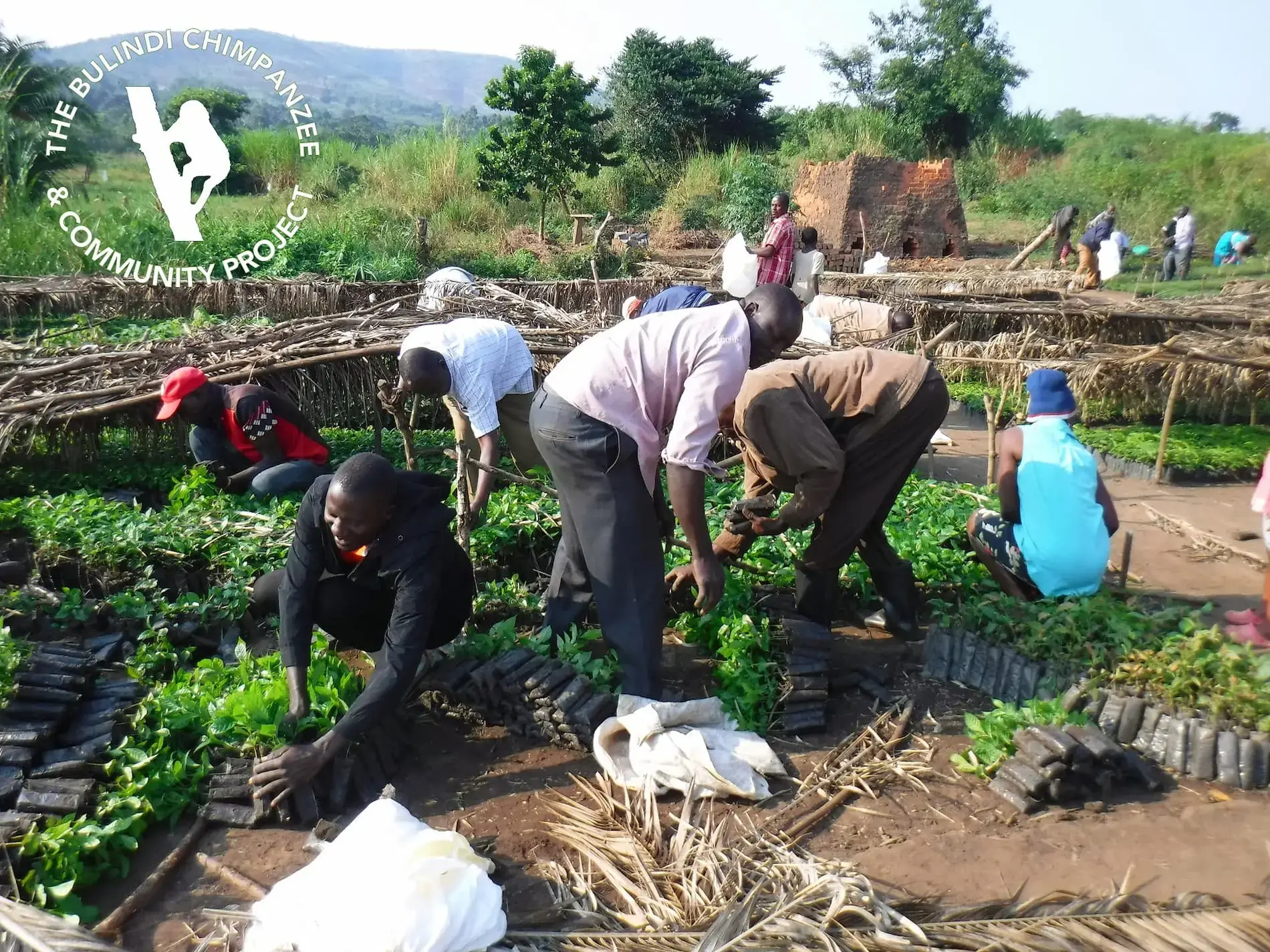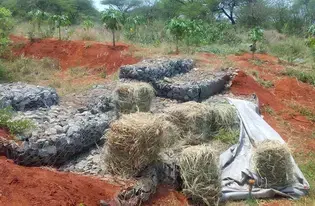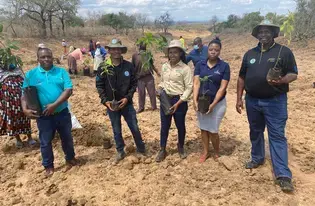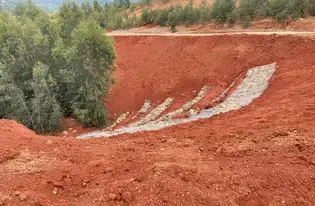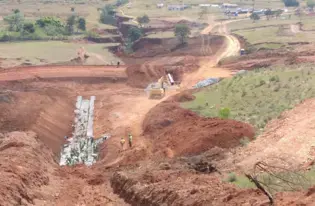As deforestation threatened the habitat of chimpanzees in Uganda, community members saw them as a threat. But the Bulindi Chimpanzee and Community Project changed that perception by promoting environmental protection and economic development. Today, it's a success story of how humans and animals can coexist in a sustainable way.
The annual rate of deforestation in Uganda increased by 5.7% between 2001 and 2014. As the forest disappeared, so did the habitat of the endangered chimpanzees. With no choice but to look elsewhere for food and safety, the primates raided crops and damaged the property of farmers, who would defend their land from the intruders.
The Bulindi Chimpanzee and Community Project (BCCP) was founded in 2015 to address the effects of deforestation and in the process provide a sustainable solution to human-wildlife conflict in the region. It promotes environmental protection and stable economic development in the Budongo-Bugoma corridor for chimpanzee conservation.
BCCP establishes a mutually beneficial relationship between the local community and chimpanzees through environmentally responsible tourism practices and regenerative agriculture techniques. The project began with educating community leaders about the significance of preserving the natural habitat of the chimpanzees.
To lessen the community's dependence on agriculture and minimize contact with chimpanzees, the program encouraged alternate ways of earning income, like beekeeping and handicrafts. Nonetheless, the cultivation of land continued to pose a threat to the habitat and existence of the chimpanzees.
“Within seven years, over 80% of the forested field sites in Western Uganda were converted into timber and agricultural land, leading to increasing conflicts between humans and wildlife. As a primatologist, I was worried about the chimpanzees who were losing their habitat due to deforestation on local people's land outside of government reserves. The loss of forest forced the chimps to venture into gardens and even homes, which worsened the conflicts," says Matthew McLennan, BCCP’s project director.
To buck this trend, BCCP received support from, TerraFund for AFR100, an initiative of World Resources Institute, One Tree Planted, and Realize Impact that finances Africa's top restoration enterprises and projects BCCP is working with farmers to grow trees and restore degraded land, creating new habitat for the chimpanzees and increasing the carbon sequestration capacity of the forest.
The project operates in a 6,000-hectare area in Western Uganda, where it promotes ecotourism and alternative livelihoods, reducing the community’s dependence on agriculture and decreasing their interactions with chimpanzees.
The project has gained momentum and villagers started to view chimpanzees as assets. Ecotourism became a popular source of income and the project also improved the community’s access to education and healthcare. Educating village leaders and promoting the significance of preserving chimpanzee habitat has been a key component of the project’s success.
The Bulindi Chimpanzee and Community Project is contributing to the broader goals of restoring degraded land, supporting local residents to develop livelihood alternatives to deforestation and increasing their capacity to engage in conservation and accommodate chimpanzees in their environment in Uganda.
